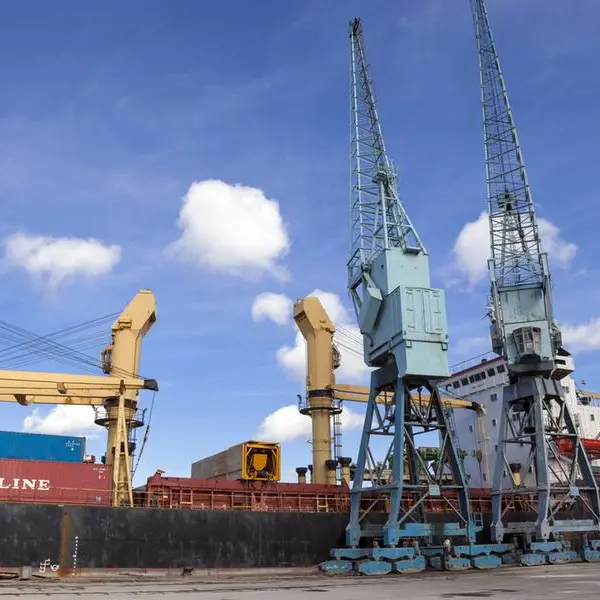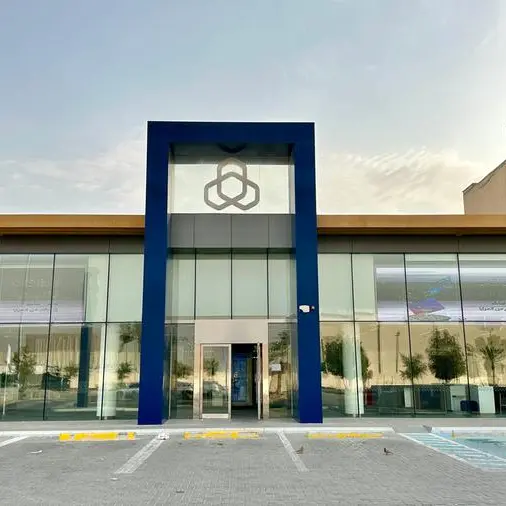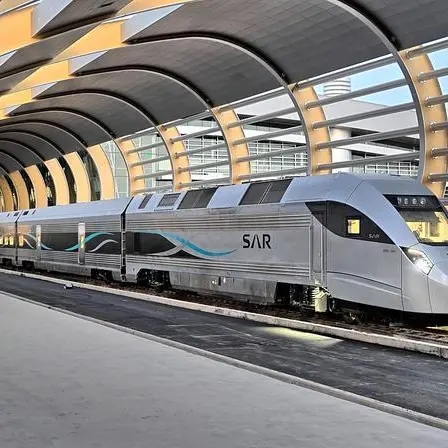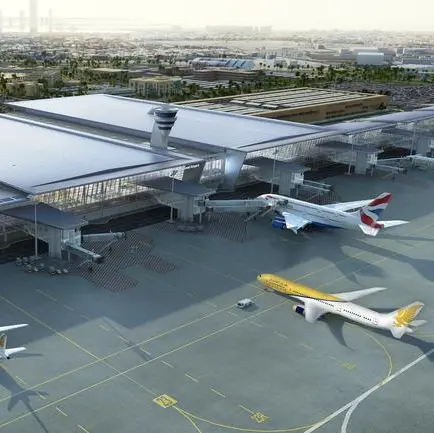PHOTO
Riyadh: The logistics sector showed the highest growth among ten promising sectors in the second quarter of this year. The number of active commercial registrations reached 11,928, representing a 76% growth compared to the previous year's 6,742 registrations. Promising sectors play a crucial role in supporting the gross domestic product and offer opportunities for businesses to expand and develop partnerships.
The Ministry of Commerce recently released a bulletin for the second quarter of this year, highlighting ten promising sectors. These sectors align with the Kingdom of Saudi Arabia's Vision and present opportunities for both local and foreign businesses.
According to the bulletin, the sectors experiencing the most growth in active registrations are as follows: logistics (76%), artificial intelligence technologies (53%), container handling services (48%), cloud computing services (43%), pharmaceutical and pharmaceutical product manufacturing (34%), urban and suburban passenger land transport (31%), electronic game manufacturing (29%), arts, entertainment, and recreation (24%), short-term accommodation (22%), and mining and quarrying (18%).
In the second quarter of this year, logistics services saw significant growth with 11,928 active registrations.
The Riyadh region led the way with the highest growth, boasting a total of 5,802 active registrations, accounting for 49% of the total. Makkah followed with 3,170 active registrations, making up 27% of the total.
The Eastern region secured 1,465 active registrations, representing 12%. Qassim and Madinah came in fourth and fifth place with 347 and 323 active registrations, accounting for 3% and 2.70% respectively.
Container handling services ranked third as the fastest-growing sector, with a 48% growth rate due to increased operational efficiency in the Saudi ports sector. The number of active registrations for container handling services reached 2,457, compared to 1,658 in the same period last year. The Riyadh region led with 1,027 active registrations (42%), followed by Makkah with 738 (30%), the Eastern region with 405 (16%), Madinah with 79 (3%), and Qassim with 59 (2%).
Saudi Arabia has demonstrated significant progress in global maritime network connectivity, ranking 16th globally among 187 countries, according to a report by the United Nations Conference on Trade and Development (UNCTAD). The country achieved a connectivity index score of 77.66 points this year, surpassing the 2030 target of 75 points. International shipping lines have also increased to 25, bolstering the Kingdom's ties to global markets and international trade.
In the urban and suburban passenger land transport sector, Saudi Arabia ranked sixth in terms of fastest-growing sectors, with a growth rate of 31% in the second quarter of 2024. The sector has undergone significant reforms, including market liberalization, improvements to the customer experience, and the introduction of intercity bus services, enhancing connectivity between governorates and regions while providing modern, environmentally friendly transportation options. These efforts align with the Kingdom's Vision 2030 goals, aimed at strengthening economic infrastructure and fostering economic diversification.
Furthermore, Saudi Arabia's transportation and logistics system has seen structural and operational reforms in line with the National Transport and Logistics Strategy. The country's rank in the World Bank's Logistics Performance Index rose by 17 places to 38th, underscoring the logistics sector's and supply chains' increased efficiency. Additionally, both global and local private sector investment in logistics and the establishment of logistics zones in Saudi ports have increased, with the number of major logistics zones expanding to 12. These developments have bolstered the capabilities of the logistics sector while contributing to economic growth.





















